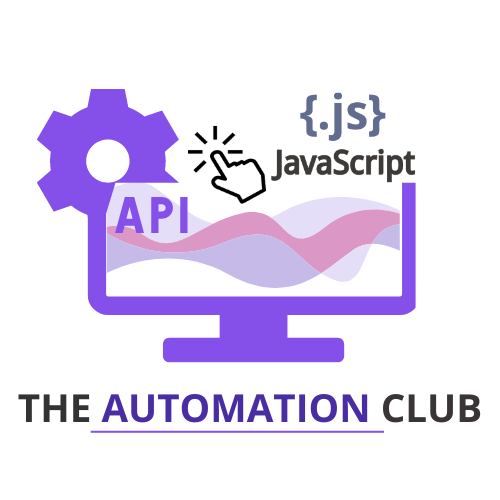Leveraging AI for Effective Content Creation
In the fast-paced world of digital content, the ability to produce engaging and high-quality material is essential for success. As content creators seek innovative ways to captivate their audiences, artificial intelligence (AI) has emerged as a transformative tool. This article delves into how AI can enhance the content creation process, fostering creativity and improving overall effectiveness.
Understanding AI’s Impact on Content Development
AI technologies, particularly those developed by leading organizations, have significantly changed the landscape of content generation. By harnessing sophisticated algorithms and machine learning capabilities, these tools assist writers in crafting compelling narratives, generating fresh ideas, and optimizing content for various platforms.
Key Advantages of AI in Content Creation
- Increased Efficiency: AI can streamline the research and drafting phases, allowing creators to dedicate more time to refining their messages.
- Consistency in Tone: Automated tools help maintain a uniform style across different pieces, enhancing brand identity.
- Data-Driven Insights: AI analyzes audience behavior and preferences, providing actionable insights that inform content strategies.
Real-World Applications of AI in Content Strategy
Platforms such as Hashnode and LiveJournal are beginning to integrate AI tools to elevate user experience and content quality. Below are some practical applications:
| Platform | AI Functionality | Benefits |
|---|---|---|
| Hashnode | Topic suggestions based on trending discussions | Enhances relevance and boosts audience engagement |
| LiveJournal | Automated editing and grammar checks | Improves content clarity and professionalism |
Fostering Creativity Through AI Collaboration
While AI excels at generating content, it also serves as a valuable brainstorming partner. Writers can leverage AI tools to explore diverse perspectives, generate unique concepts, and overcome creative blocks. By collaborating with AI, content creators can push their creative boundaries and produce innovative material that resonates with their target audience.
Challenges and Considerations in AI Content Creation
While the benefits of AI in content creation are significant, there are also challenges and considerations that creators should be aware of. Understanding these factors can help in making informed decisions about integrating AI into content strategies.
| Challenge | Description | Potential Solutions |
|---|---|---|
| Quality Control | AI-generated content may lack the nuance and depth that human writers provide. | Implement thorough editing processes and human oversight to ensure quality. |
| Ethical Concerns | There are concerns about plagiarism and the originality of AI-generated content. | Use plagiarism detection tools and ensure proper attribution where necessary. |
| Dependence on Technology | Over-reliance on AI tools may hinder a writer’s creative process. | Balance AI use with traditional writing methods to maintain creativity. |
Pros and Cons of Using AI in Content Creation
To provide a clearer picture, here’s a breakdown of the advantages and disadvantages of utilizing AI in content creation:
| Pros | Cons |
|---|---|
| Increased productivity and efficiency | Potential loss of personal touch and creativity |
| Ability to analyze large data sets for insights | Quality may vary depending on the AI tool used |
| Cost-effective for large-scale content production | Ethical implications regarding authorship and originality |
Key Takeaways for Content Creators
As you consider integrating AI into your content creation process, here are some essential points to keep in mind:
- Choose the Right Tools: Research and select AI tools that align with your content goals and audience needs.
- Maintain Human Oversight: Always review and edit AI-generated content to ensure it meets your quality standards.
- Stay Informed: Keep up with advancements in AI technology to leverage new features and capabilities effectively.
- Balance AI and Human Creativity: Use AI as a supplement to your creative process, not a replacement.
Future Trends in AI and Content Creation
The landscape of content creation is continuously evolving, and AI is at the forefront of this transformation. Here are some trends to watch for in the coming years:
- Personalization: AI will increasingly enable personalized content experiences tailored to individual user preferences.
- Enhanced Collaboration: Expect more tools that facilitate collaboration between AI and human writers, enhancing creativity.
- Voice and Visual Content: AI will play a significant role in generating voice and visual content, expanding the types of media available to creators.
Conclusion
In conclusion, the integration of AI into content creation offers numerous advantages, from increased efficiency to enhanced creativity. However, it is essential to navigate the challenges and ethical considerations that come with this technology. By understanding both the benefits and limitations, content creators can make informed decisions that enhance their strategies and ultimately lead to more impactful storytelling.
As you embark on your journey to harness AI for content creation, remember to balance technology with the human touch that makes your content unique and engaging.
